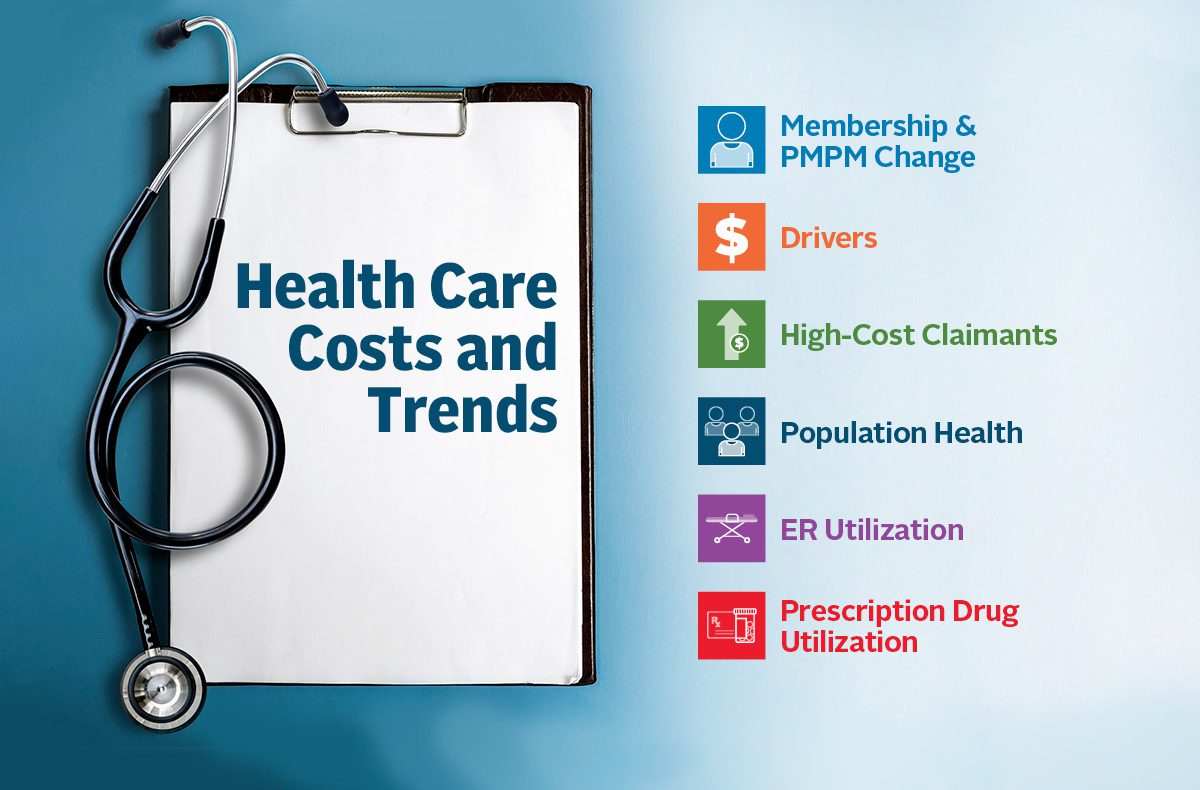The Value of Meaningful and Purposeful Health Care Data

When I’m getting dressed in the morning, I depend on the weather report to help me decide what to wear. And when I’m planning a trip into the city, I depend on my GPS to tell me how long the drive will take so I can make it downtown on time. We all need reliable information to help us make the best possible choices in our lives.
At Independence Blue Cross (Independence), I know our self-funded customer groups depend on my team’s medical utilization trends data to inform the decisions they make on behalf of their employees and their families.
I take communicating and sharing this data very seriously. I know it can affect business decisions that could impact thousands of our members and their medical coverage.
Why Health Care Data Matters to Our Customers
Companies with self-funded health insurance plans don’t pay Independence a premium. Instead, they pay their employees’ health claims themselves. Independence handles the claims processing and provides these customers with access to our network, services, and billing.
That means our self-funded customers need to know how much to budget for their employees’ health insurance claims, and they need to know what they can do to keep health care costs under control.
That’s where my team comes in. We analyze each customer’s utilization patterns and costs. And on an annual or quarterly basis, we give them a thorough presentation that addresses questions like:
On average, how much does the customer spend per member, per month (PMPM)?
How has that amount changed since the previous year?
What factors are driving that change in PMPM cost?
How has health care utilization changed for the members and their dependents?
What is the cost breakdown between inpatient hospital stays, outpatient procedures, primary care and specialist health visits, and medication expenses?
We also look at what our customers might be able to do to control their health care expenses:
Since preventive health screenings can catch problems before they become more serious (and expensive), could members benefit from receiving screening reminders?
Are there any gaps in the care that members are receiving — such as annual A1c tests, biannual retinal exams, and kidney function testing for those diagnosed with diabetes?
Could money be saved if members access services, such as diagnostic imaging and laboratory testing, from less expensive providers?
Can members shift some of their health consultations from more costly settings (such as the emergency room) to less costly settings such as urgent care centers, retail health clinics, and even telemedicine visits?
Could members save money by using cheaper prescription drugs, such as generics?
Actionable Insights and Customized Solutions
When our customer information consultants (CICs) share information with customers, our sales team members are always involved. They’re the ones who are most familiar with what our customers care about when choosing health plans and benefits for their employees. This helps ensure that our customers are getting the answers that matter most.
“The CICs are an integral part of our team, not merely an extension,” says Bradlee Huber, sales account manager, Premier and National Accounts. “Their ongoing involvement with our most complex accounts allows them to understand the ‘whys’ behind a data request, to analyze the information in light of client priorities and interests, and often to provide insights and recommendations that may not have occurred to the client or consultant.”
It’s no secret that data informs our everyday decisions, both big and small. Having accurate, up-to-date information communicated clearly serves a critical role in our lives, helping us make the right choices for ourselves and our families, day after day.
If you enjoyed this article, you may also appreciate reading Powering Better Health Care: Data Analytics at Independence Blue Cross by my colleague, Ravi Chawla.







